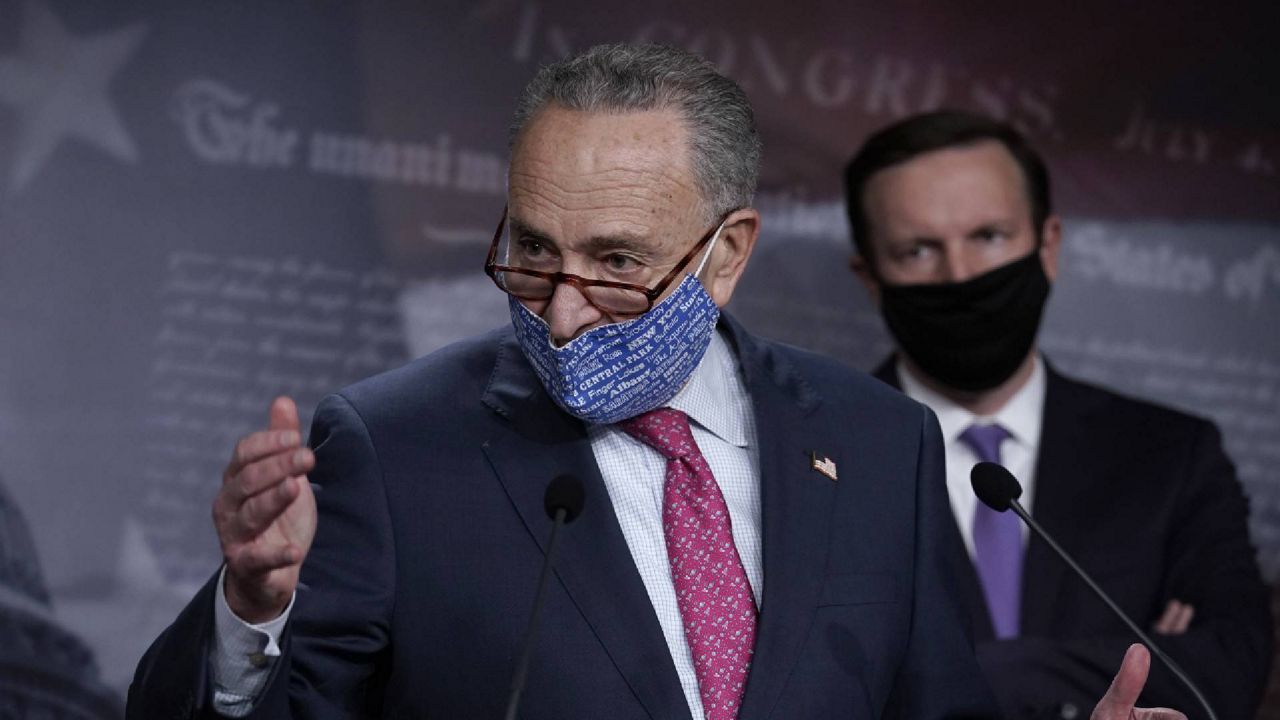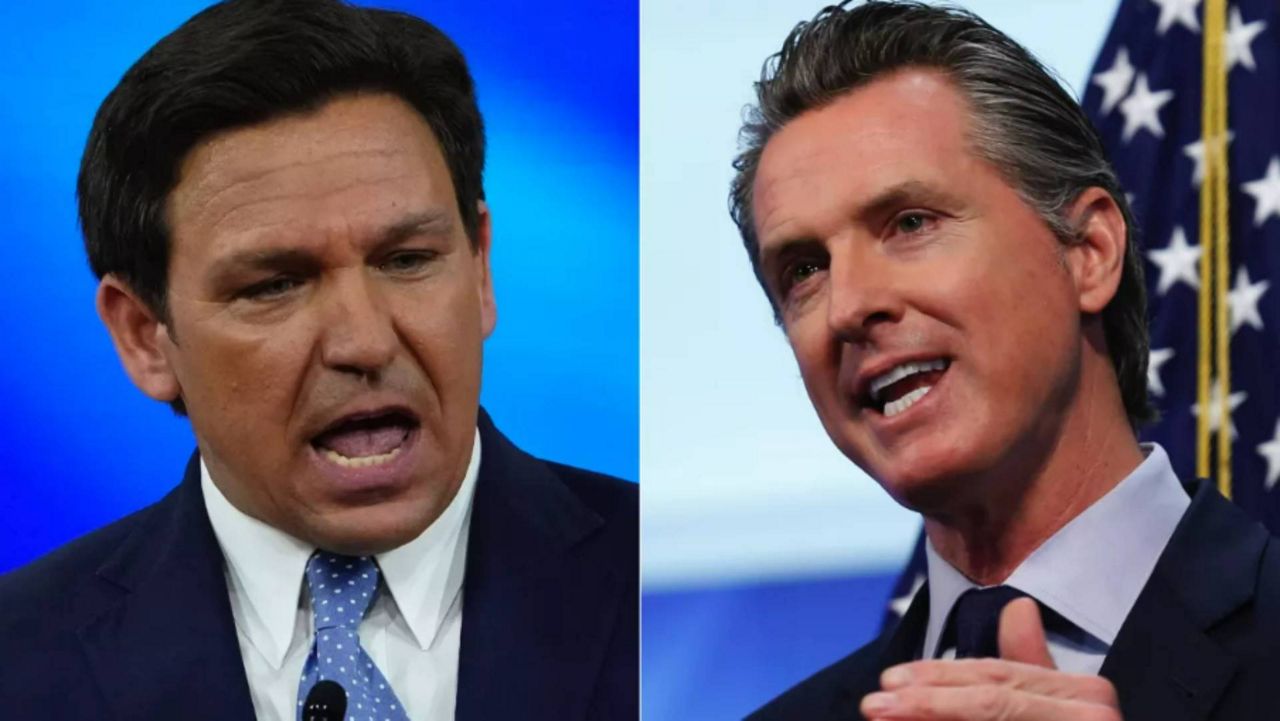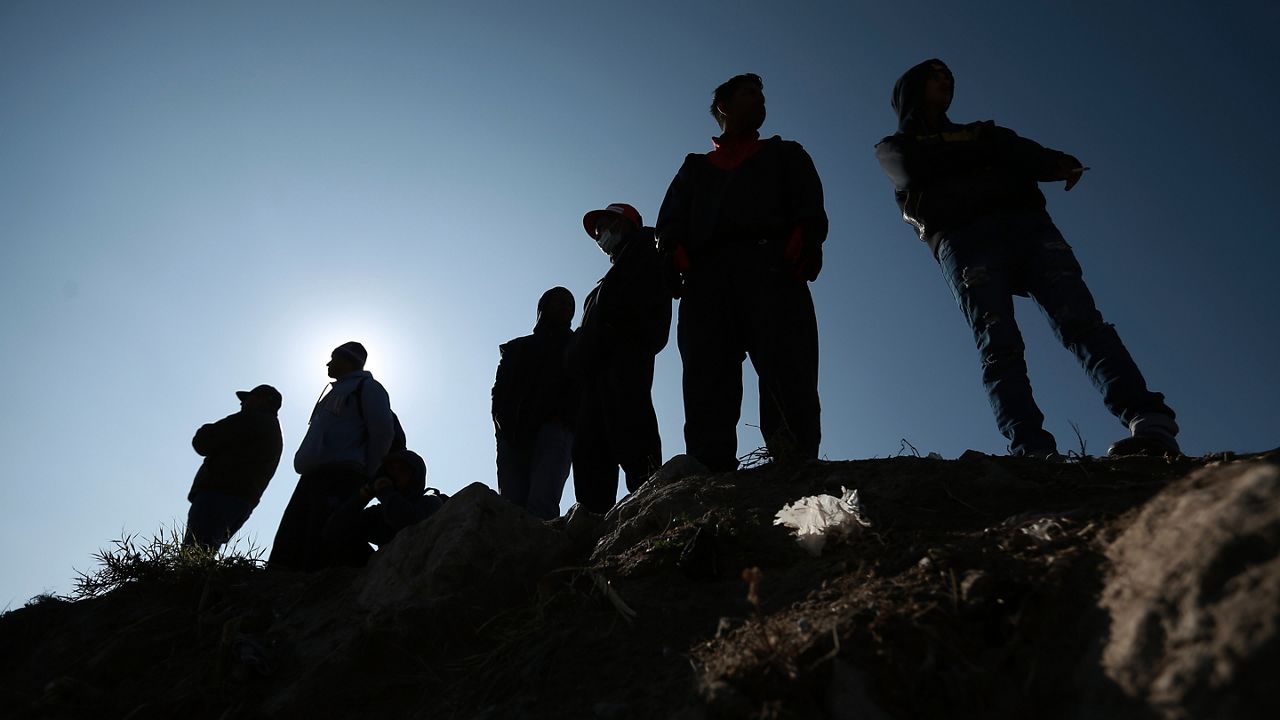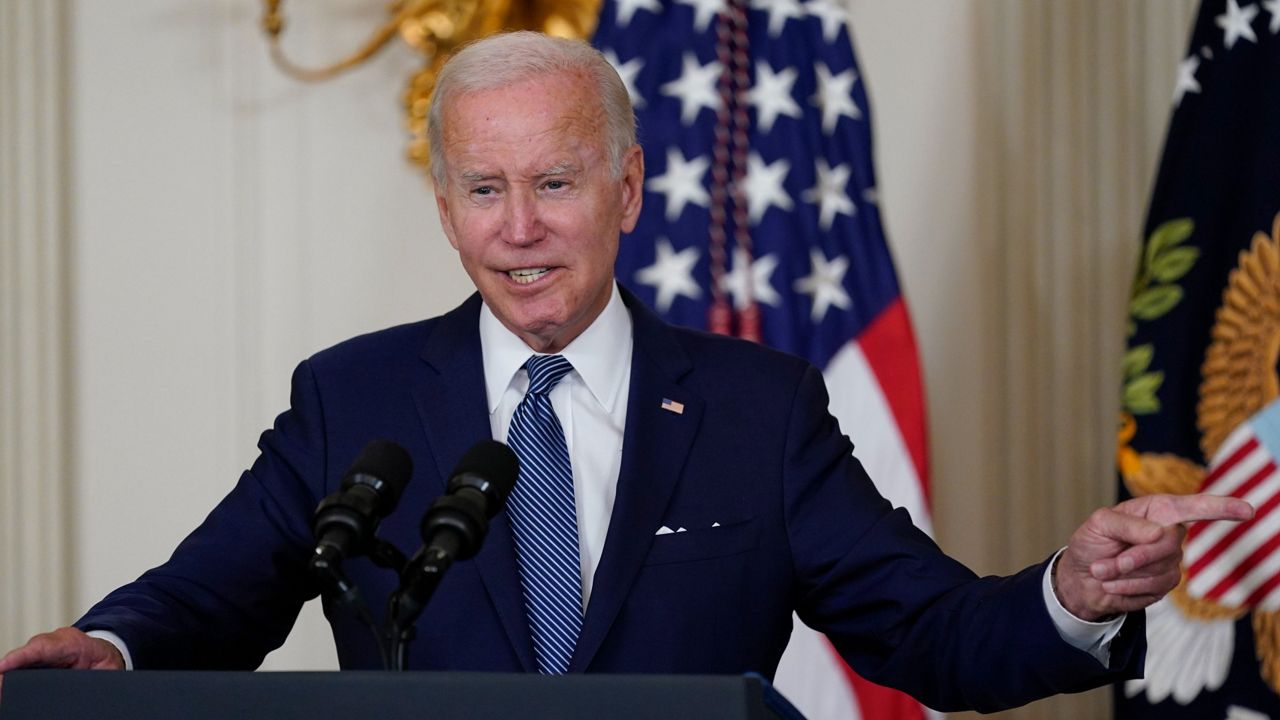After negotiations stalled earlier this month, Republican and Democratic senators on Capitol Hill may be renewing talks over a long-awaited coronavirus relief bill, according to comments from Senate Minority Leader Chuck Schumer (D-NY) on Thursday.
Earlier this week, both parties’ leaders expressed frustrations with the other side, each blaming the other for the stalled economic relief.
With the Senate out of session until Nov. 30 and a growing group of lawmakers testing positive for the virus, how likely is Congress to pass a bill by the end of the year? Here’s a look at where things stand now.
“If the Democrats and Republicans in the House and Senate come together, we can get this done,” Sen. Schumer told Spectrum News at a press conference in upstate New York Thursday.
“For the first time, we’re having some productive conversations because Leader McConnell has now said he would sit down and talk,” he added.
Schumer said the two sides agreed on new talks Wednesday night, calling the news a “breakthrough.” He said Republicans are eager to pass an agreement and that Democrats want a “big and robust” bill, with more to come in the future.
The idea that top senators are having conversations about COVID-19 relief is new. Negotiations have been stalled since before the election earlier this month.
It’s also a departure from comments made by Senate Majority Leader Mitch McConnell (R-KY) on the Senate floor this week.
“We still want to pass more coronavirus relief for the American people,” McConnell said Tuesday. “Instead, our Democratic colleagues have spent months, literally months, holding all of that urgent help hostage over unrelated left-wing wish-list items.”
McConnell has repeatedly rejected the $2.2 trillion HEROES Act, which the House passed its first version of in May. The Majority Leader has called for a more targeted, narrow bill to aid things like schools, health care workers and unemployed Americans.
On Wednesday, House Speaker Nancy Pelosi (D-CA) blamed the Republicans for the hold-up, saying Democrats have been ready to pass aid for months. She’s previously said GOP proposals don’t go far enough.
“We have been there for a long time,” Pelosi said. “You would think that with a quarter of a million people dying, 11 million infected ... they would want to implement some things that would take us down that path.”
On Thursday morning, House Minority Leader Kevin McCarthy (R-CA) said much of the same about his Democratic counterparts.
“I’ve talked to McConnell, yes, and I’ve talked to the White House,” McCarthy said. “Things are still at the same place. There’s one roadblock. There’s one big wall that has stopped this the entire time, and it’s Speaker Pelosi.”
A senior Democratic aide told Spectrum News' Jeevan Vittal the staffs for House Speaker Nancy Pelosi, House Minority Leader Kevin McCarthy, Senate Majority Leader Mitch McConnell, and Schumer met Thursday afternoon at 2 p.m. The group discussed government funding and, separately, discussed COVID-19 stimulus relief options. The aide said Democrats look forward to continuing the talks.
The House remains in session, but senators have started heading home for the holiday on Wednesday, and most won’t return to Washington until Nov. 30. That leaves Congress just over a month to pass a coronavirus relief bill as well as multiple measures to fund the federal government through fiscal year 2021. The government is currently funded through Dec. 11.
This week, Republican Senator Chuck Grassley (R-IA) tested positive for the virus after isolating out of precaution, and Sen. Rick Scott (R-FL) also chose to stay home after possible exposure.
Multiple House members have also tested positive for COVID-19 in the last week.








